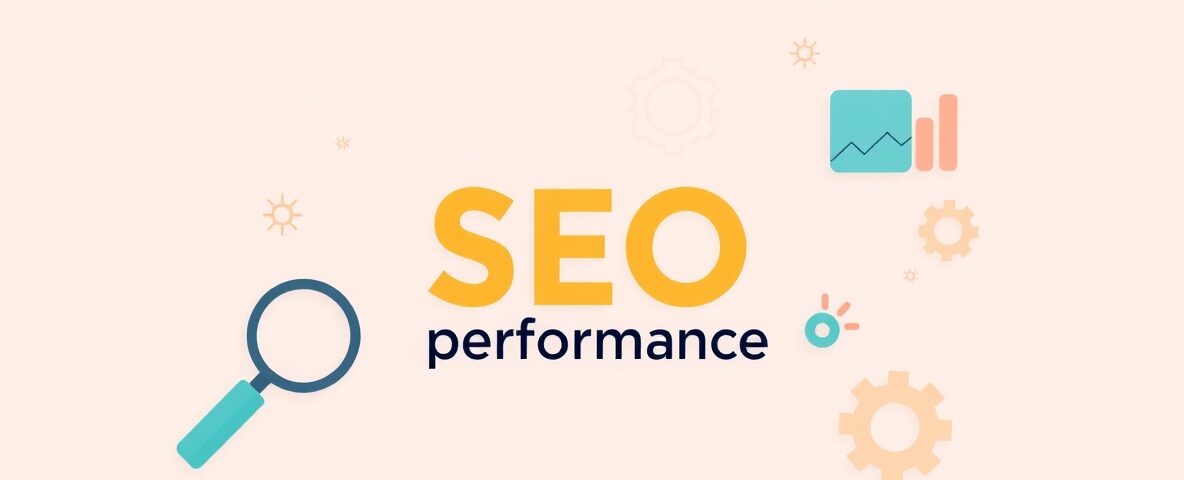
How COVID-19 Transformed Digital Marketing Agencies
September 15, 2025
How COVID-19 Shaped Digital Marketing: Trends and Forecasts
September 15, 202591.5% of Google traffic goes to the first page of the Search Engine Results Pages (SERPs). Another 4.8% goes to page two. Past that, you’re in no-man ‘s-land. If you are not on the first page of Google for search queries related to your business, imagine how much traffic you are losing right now!
Google makes it simpler for searchers to discover the data they are searching for. It gives marketers a good shot at attracting customers with inbound marketing. However, the main challenge faced by businesses is the lack of search traffic. Research done by HuSpot revealed that 65% of companies feel that their greatest concern when it comes to marketing is the need to generate more traffic and leads.
In that regard, are you getting traffic from your Search Engine Optimisation (SEO) efforts?
Search engine optimisation is a long-term strategy. While it takes time and effort for your search rankings to improve, here are 7 quick hacks you can start implementing today to improve your rankings right away.
7 Quick Hacks To Improve Your SEO
1. Give the Most Consideration to Your Substance
2. Improve the Quality of Your Keywords
3. Optimise Your Title Tags
4. Encourage Clicks with your Meta Descriptions
5. Add Keywords to your URLs
6. Use Headings Smartly
7. Add ALT Text to Your Images
1. Give the Most Consideration to Your Substance
For SEO to work well, create content that interests people. Yes, implementing best SEO practices will encourage search engine crawls to index your site will. But, it’s website visitors who leave a comment on your posts or content, link back or even share your content on social media that provides you with an edge over your competitors. These people do not care about your keywords usage or alt tags; they value your content.
In the past, it used to be a lot of stuffing your website with keywords to rank well in SERPs. Google has changed its algorithm, and this tactic does not work well anymore. Instead, they now identify content that people will find valuable.
Blogging is excellent for SEO as it tells Google that you update your website regularly. Google loves that. If you have a blog, remember to publish new content regularly, which aids in improving your website’s SEO. If you do not have a big team or the resources to do so, aim at least one blog post so that your readers will not forget about you.
Also, consider adding social sharing buttons to your blogs. Social sharing also improves your brand awareness. With greater visibility and awareness, more potential customers and prospects will be searching for your company. This signals Google to give greater weight to your content, thereby improving your search rankings!
2. Improve the Quality of Your Keywords
According to Josh Bachynski of SEO Hangouts, we should Identify keywords you want to rank for based on what your business is selling. Put them into search engines and analyse what the competition is on SERPs. Next, use Google Ads Keyword Planner to look for broad match keyword variations. And use one main keyword per page. This follows the SEO Methodology of Moz, whereby the first step of doing SEO is the research phrase (to identify your competitive landscape)
For newer websites or those who do not have a strong ranking, start with the “low hanging fruit” and go for long-tail keywords or keywords with lower search volume.
3. Optimise Your Title Tags
The title tags of your pages and blog posts are one of the most important factors affecting your SEO and search ranking. The title tag is what shows up in the SERPs.
In your title tags, remember to incorporate long-tail keywords, which are relevant and specific to your topic. Also, keep your title tags within 50-60 characters for optimal character limit.
While you aim to make your title tags easy for Google to find and rank your content, do take into account your searchers as well. It should be easy to understand and the topic of interest.
4. Encourage Clicks with Your Meta Descriptions
The meta description refers to the line of text appearing below your titles or headings in the search results. While it does not directly impact the search rankings, they are essential to help searchers gain an understanding of what to expect when they click through to your website. Try to make them compelling to encourage your searchers to click-through. Limit and keep your meta descriptions to within 120-150 characters.
5. Use Headings Smartly
Headings are critical as they help Google understand what to expect in the following sections of your content. Ensure your H2 and H3 headings are optimised for SEO. By including keywords in H2 and H3 tags, you help Google see that the content under the heading will be covering the same topic as your keywords.
6. Add Keywords to Your URLs
Your URL is also a factor when it comes to your search ranking. So, ensure to include keywords in your URL that are relevant to your business and which your audience will likely be searching for.
Exclude low-value words “and,” “or,” etc. which adds clutter and makes your URL look more spammy. Omitting these low-value words enable Google to better understand what your content is about, and make your content appear to be of higher quality. This help with your SEO.
Optimising your URLs may also improve your website structure. Follow a proper hierarchy to build a powerful site structure that helps to boost your search rankings.
7. Add Alt Text to Your Images
Adding alt text to your images not just improves the accessibility of your content for those with vision impairments, but also indicates to Google what these images are. Since Google can’t “see” pictures and can only read the text, including keyword-rich alt text enables Google “to read” your images, which helps to improve your SEO.
A good keyword-rich alt text is about being descriptive and short, but not spammy. Your al text should contain your keywords and phrases relevant to your content, in addition to the context and purpose of your image.
Make An Effort to Improve Your SEO Continuously
With these quick hacks, you are ready to improve your SEO ranking right away. However, don’t be prepared to just kick back and wait for your SEO ranking to improve. Google continuously changes its algorithm, and this affects which SEO techniques we should use and how we use them.
Make a commitment to keep learning and testing. Test your site’s speed and fix broken links. Digital Marketing is all about testing, testing and more testing. Observe how your metrics change as you make improvements to your website and stay on top of SEO. Yes, SEO requires time and effort. In the long haul, this improvement in website traffic is definitely worth the SEO efforts.
{{cta(‘818ec33b-94a4-4e18-ab96-5edcaa4fa837’)}}



